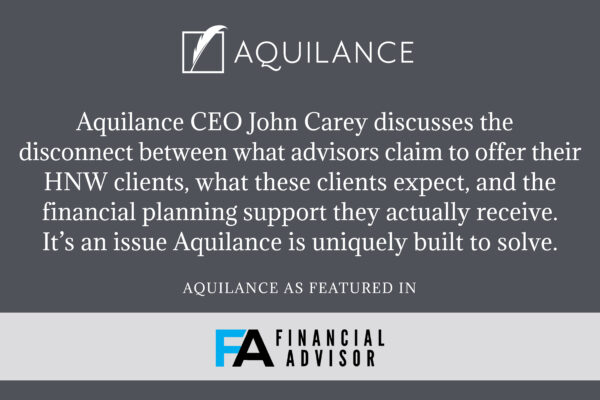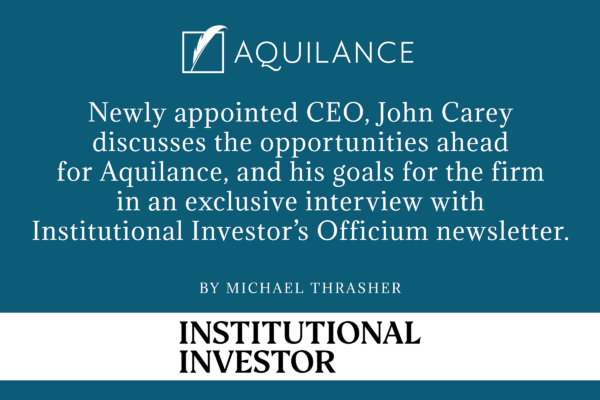From NASDAQ by Dawn Allcot for GOBankingRates on May 4, 2024
James Baldwin famously said, “Anyone who has ever struggled with poverty knows how extremely expensive it is to be poor.”
In January 2014, long after the Great Recession but before the pandemic, author Barbara Ehrenreich penned the book, “It is Expensive to be Poor,” talking about all the things poor people spend money on that rich people don’t.
Many of these things, according to one financial advisor, are fees that the rich can avoid, while the middle class and poor fall prey to unnecessary costs. Other expenses are related to wise investment practices.
But you might be surprised to discover that wealthy people tend to waste money in ways that are similar to the poor or middle class. When they are not mindful of their finances, according to the leaders at Aquilance, a personal financial administration firm that serves high net worth individuals, they can spend more than they should on everyday expenses.
That’s why it’s important for anyone, no matter where they fall on the income spectrum, to periodically evaluate their finances and find areas where they can save money. We spoke to the leaders at Aquilance, CEO Ken Eyler and Joe Farren, President, for some tips.
Spending Decisions Are Personal — Regardless of Your Income or Wealth
You might be surprised to learn that, just like the middle class and even some people living at poverty level, some high-net worth individuals are extremely frugal while others use their money to enjoy the finer things in life.
“Spending decisions are entirely personal,” Eyler pointed out. “For instance, we have high net worth clients who shop at dollar stores. Warren Buffett is a famous example of frugality.”
Buffett still lives in the house in Omaha that he purchased for $31,500 in 1958. The home, today, is worth roughly $1.44 million, but Buffett has told Berkshire Hathaway shareholders that he would have made far more renting it out and using the income to buy stocks. Nonetheless, he has said, “I couldn’t imagine having a better house.”
With the understanding that high net worth individuals vary in terms of their spending habits, what are some of the patterns financial advisors see in how millionaires and billionaires spend (or don’t spend) their money?
Three Things Millionaires Don’t Spend Money On
Being wealthy has certain advantages. Imagine going shopping and never having to worry about checking your bank balance because you know you have enough funds to cover your purchase.
“There are things [high net worth individuals] are often not required to spend money on due to the benefits of carrying larger balances in their bank account,” Eyler said.
However, Eyler pointed out that wealthy people will often pay more to carry a prestigious rewards credit card, like the American Express Black Card. The Black Amex carries a one-time initiation fee of $10,000 and an annual fee of $5,000. But the rewards, including an Equinox gym membership worth $3,600 per year, a $1,000 per annual Saks Fifth Avenue credit and other benefits, more than cover the cost, according to a review from Forbes. In that regard, the card is an investment rather than an expense.
Bank Fees
Eyler mentioned that millionaires rarely have to pay ATM fees, bank fees for wire transfers or monthly fees for their bank account.
Fortunately, if you have the means to open a bank account, you may also be able to avoid these types of fees by choosing a bank with no monthly fees, no minimum deposit or minimum balance requirements and no overdraft fees. You may not be ready to live like a wealthy person — but you may be able to find a bank that treats you like one!
Late Fees
Wealthy people can also avoid late fees more easily, specifically by setting up autopay for their credit cards and other bills. If you know the money will be in your account when the bill is due, why not make the payment automatic?
Whatever your income level, you may be able to avoid late fees with autopay as well. Some companies, including utilities and credit card companies, will let you choose a due date so you can pick a date shortly after payday, when you are confident you will have money available in your account.
Cheap Reproductions of Fine Art
Farren pointed out that you will rarely see high-net worth individuals spend money on cheap reproductions of fine art. “They tend to buy originals, signed prints and, in some cases, curated museum quality reproductions if the originals are not available,” he said.
Wealthy individuals know that fine art is a collector’s item that may appreciate in value. If you can enjoy it in your home before selling it at a profit, that’s a win-win.
Two Things Wealthy People Spend Money On (And Probably Shouldn’t)
While many wealthy people are frugal, living in modest houses and foregoing luxury cars for cheaper, reliable vehicles, some high-net worth individuals waste money the same as the rest of us.
Subscriptions and Services
If you can feel the pain of having multiple subscriptions you don’t use, you’re not alone. And you’re in good company, as even the wealthy lose track of software, streaming and other services.
“We see [our clients] spend money on multiple subscriptions, such as Netflix accounts or Microsoft subscriptions,” Eyler said.
Just like the rest of us, wealthy individuals can lose track of all those subscriptions and set up multiple logins for the same service. “We see them pay for the same thing more than once when they don’t have to,” Farron agreed.
Eyler pointed out that Aquilance tries to help its clients fix this with a thorough financial review.
But if you don’t have a financial advisor that can assess your purchases periodically, you can use an app such as Rocket Money to find and cancel duplicate subscriptions or services you no longer use.
Insurance
Farron said that he often sees high net worth individuals spend too much on insurance. “They tend to have overlapping insurance policies because they do not typically undertake a holistic review of the assets and risks their family faces,” he said.
Wealthy individuals may let insurance payments go unnoticed, simply because they can afford them without hardship. When every penny in your household budget matters, you might be more inclined to review insurance policies periodically, and even increase deductibles, to ensure you are getting the lowest rates.
But if you haven’t shopped around for insurance lately, here’s your chance to save money in a way that wealthy individuals sometimes neglect. Understand your assets — such as your home and its contents — and their worth, and shop around for a policy that meets your needs at a price you can afford.
Final Note
While millionaires may have the expendable income to avoid late payments, invest in art and carry high-end rewards credit cards, they aren’t perfect in their money management. They can let expenses slip through the cracks if they don’t track them carefully.
But we can learn from their mistakes and keep better tabs on our expenses. Depending on your personal situation, being more mindful of money may free up cash for emergency savings, paying down debt or investing.
About Aquilance
Aquilance was founded in 1987 to address the complex financial administration needs of families and individuals of wealth. Currently serving hundreds of families, Aquilance provides a diverse suite of services which includes personal bookkeeping and billpay, consolidated accounting across multi-entity family structures and complex investment partnerships, performance reporting, ILIT administration and much more. The firm’s mission of over thirty years continues to be enriching quality of life for families by eliminating time spent on managing complex finances, and empowering effective decision making and legacy planning by delivering timely and accurate reports to clients and their advisors.
Media Contact:
Ryan Walker
R.J. Walker & Co.
ryan@rjwalkerco.com






